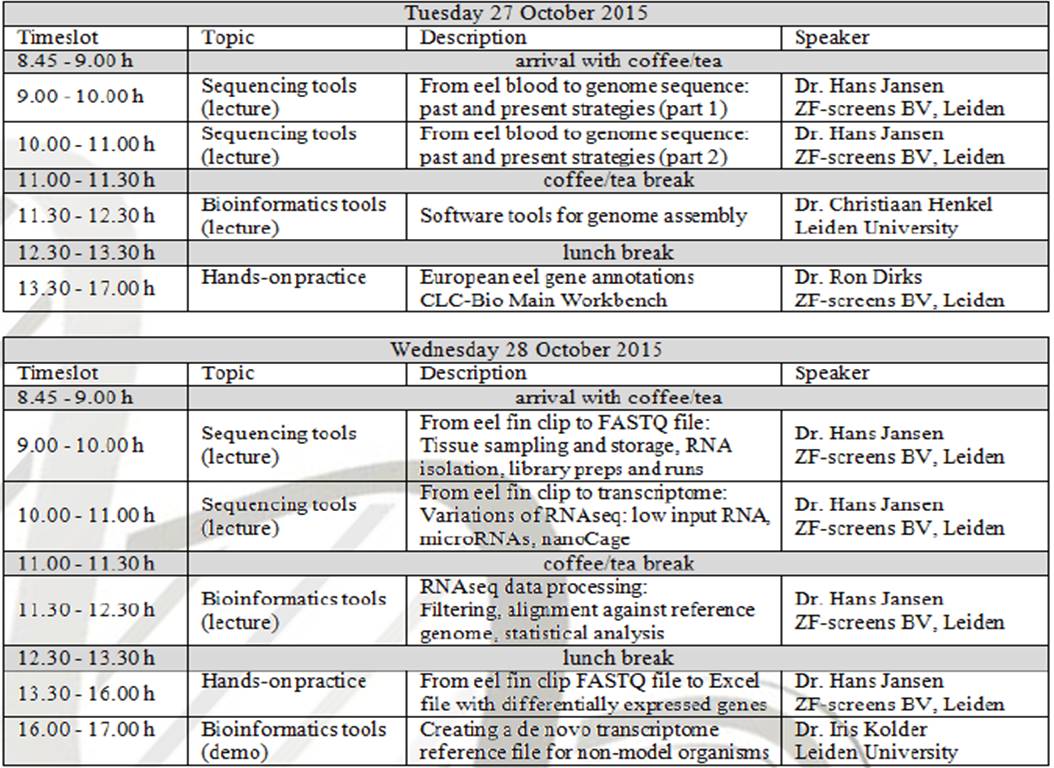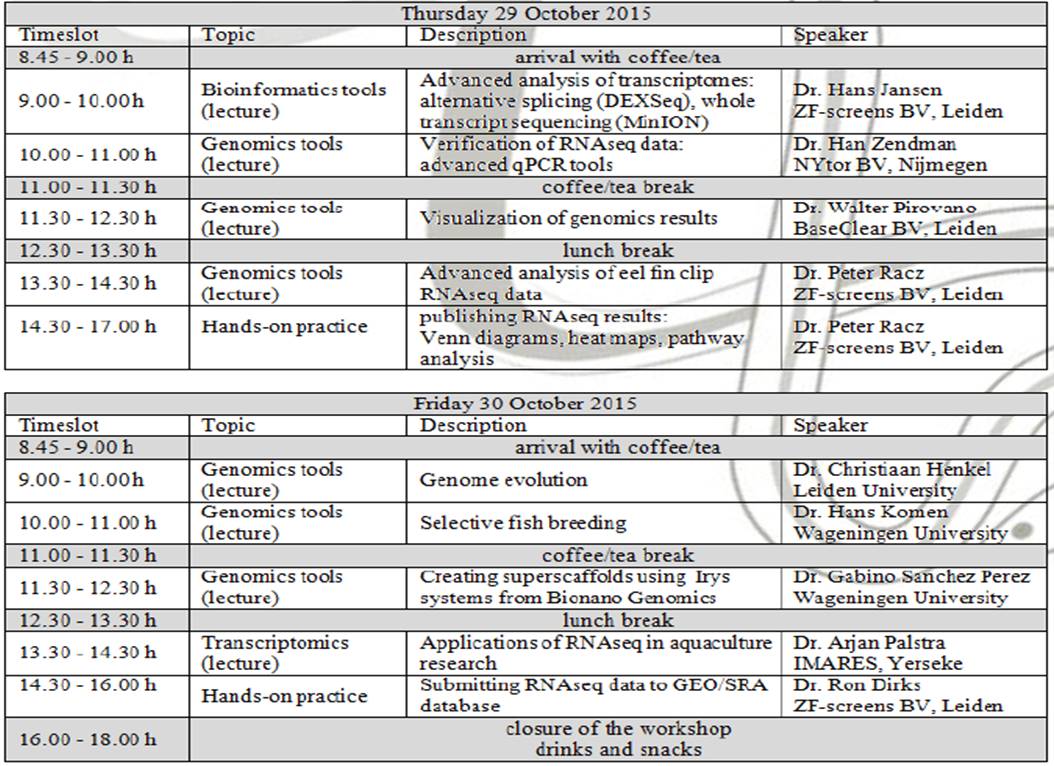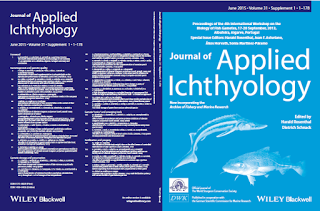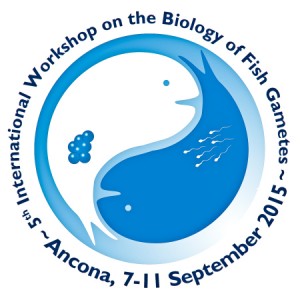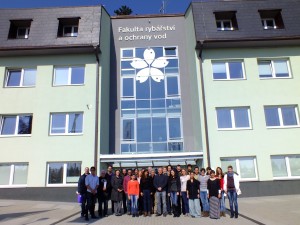The Dipartimento di Scienze della Vita e dell’Ambiente, Università Politecnica delle Marche, Ancona, Italy is looking for a/an:
Postdoctoral Research Fellow in biology
(12 months contract)
Basic recommended criteria:
- Degree in biology
- Experience in fish maintenance
- Experience in molecular biology
Position as postdoctoral research fellow is available at the Dipartimento di Scienze della Vita e dell’Ambiente, Ancona, Italy, in the development /reproductive biology laboratory, supervisor Ike Olivotto.
We are searching for a highly motivated candidate with a strong interest in molecular biology/nanotechnologies applied to fish. The planned research makes use of chemical, molecular and biochemical techniques to investigate the effects of iron dioxide nanoparticles administration in zebrafish. In particular, the effects on fish welfare, stress response, reproduction will be evaluated using different approaches.
Qualifications
Candidates for this fellowship will be selected in accordance to academic criteria, and expected to be in the upper segment of their class with respect to academic credentials.
Applicants must have a MSc or a PhD degree in biology and have experience in fish maintenance and molecular biology.
When evaluating the applications, emphasis will be given to their academic and personal abilities to carry out the project. The main purpose of post-doctoral research fellowships is to qualify researchers for work in top academic positions within their disciplines.
A good command of Italian/English is required.
Salary:
23.333,40 euros/year
In accordance with the UNIVPM’s equal opportunities policy, we invite applications from all interested individuals regardless of gender or ethnicity.
For more information contact
Dr Ike Olivotto
Email: i.olivotto@univpm.it
To submit your candidature please visit:
http://www.univpm.it/Entra/Engine/RAServePG.php/P/279610010400/M/250510010409/T/Assegni-di-ricerca
The documents can be found here:
http://www.univpm.it/Entra/Engine/RAServePG.php/P/1068210010400/M/999210010409/T/Documentazione




